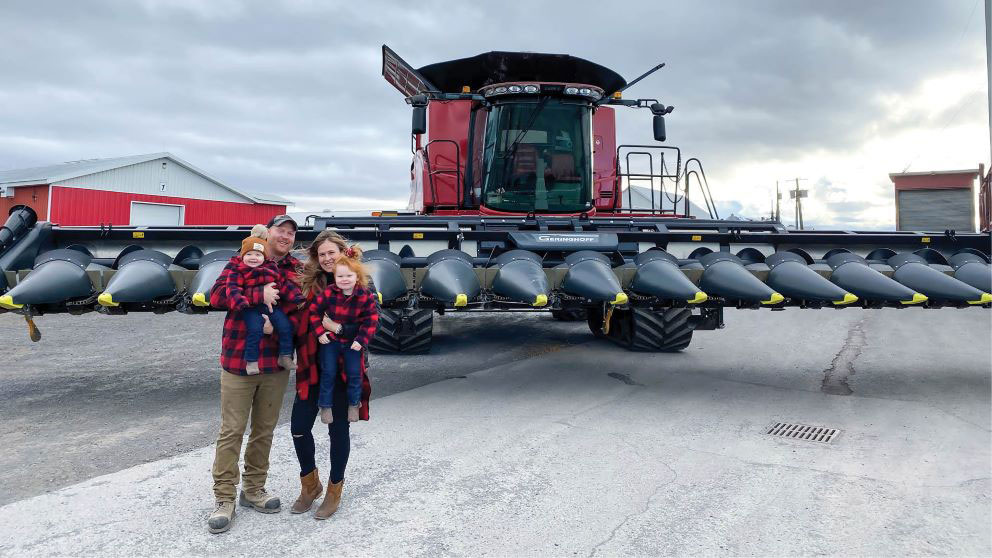Transferring farm machinery and equipment during transition? Here are two options to consider

Often when families discuss assets in farm transition, farmland and livestock are front and center in their discussions. For some farms, planning for equipment transfer can be a very important item to consider. Every farm family has different goals, ideas, business structures and plans for how the business should move forward or wind down.
It’s important to clarify and discuss these ideas before reaching the actual asset transfer stage. Transferring equipment between generations should take future business plans along with financial and tax consequences into perspective.
Transferring equipment
Farm equipment can be transferred by a sale from the senior to the junior generation: The buyer purchases equipment, and ownership transfers immediately. The junior generation has immediate access to use, sell, trade or use the machinery as collateral for securing a loan. The seller may incur recaptured depreciation, especially if some assets have been fully depreciated. Reporting all the income and gain in one tax year can cause some of it to be taxed at a higher marginal rate than the seller usually pays. Although this occurs in limited situations if a capital gain is realized on depreciable property sold between non-arm’s length parties, there are restrictions on how much the purchaser (the junior generation) can claim as a deduction through future capital cost allowance claims.
Farms can also make a gradual sale where specific pieces of equipment are transferred over a longer timeline. This can spread out potential recaptured depreciation, income and cash flow requirements for the purchase. With this method, assets would be specified and reported in the year of sale. Families should discuss equipment depreciation, new or upcoming purchases, and income allocation from the business. Occasionally families coincide a sale of equipment with an allocation of business income. As the junior generation increases their share of equipment, they also increase their share of income from the family farm.
Gifting equipment
Depending on their ability, some farms choose to gift equipment from the senior generation to junior generation. Qualified farmland and prescribed classes of depreciable property are eligible to be gifted. However, if an item has been previously expensed, it should be reported as a disposition at fair market value, including items such as tools. Before gifting, families should discuss fair market value, sources of income for the senior generation and expectations of the gift with both their family and professional advisors. Families should also consider documenting their intentions of the gift so it can be referenced in future estate discussions.
Equipment gifts can also be combined with a sale. The difference between the machinery’s fair market value and the amount paid, is considered a gift. In some instances, family farm members make agreements to trade labour for equipment use or future consideration of a farm gift. Families should consider regularly tracking and discussing these costs to ensure the expectations of both generations are met when it comes time to physically transfer the farm assets or allocate farm income.
Build equipment transfer into your transition plan
“Review the business, financial and tax implications of these transfers with a qualified professional advisor.”
If values of equipment to be transferred are large, farms can consider incorporating and utilizing the strategy mentioned in Farm Tax Planning Basics. Developing a formal transition plan as a family can help determine the goals, needs and options for both generations when transitioning the farm. As part of this plan, it is important to review the business, financial and tax implications of these transfers with a qualified professional advisor to guide you through the best methods for asset transfer.
Article by: Joel Bokenfohr, Business Advisor

How formalized succession plans for two family farms and mentoring to lead, grow and prosper resulted in successful transitions.

